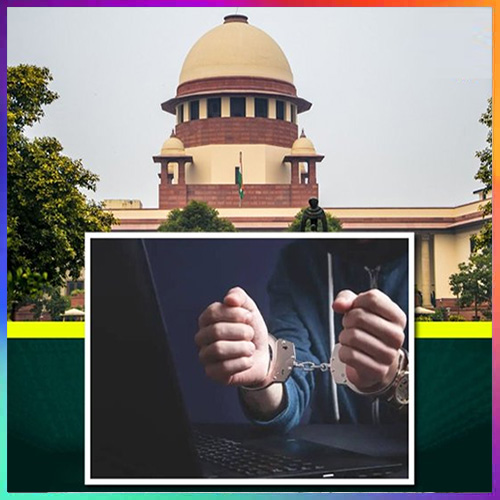
The Supreme Court has taken strong note of the rising menace of “digital arrest” scams, calling them a direct threat to judicial dignity and public trust in law enforcement. These scams—where fraudsters impersonate police, CBI, NIA, or court officials through video calls and coercive tactics—have surged across the country, trapping countless citizens.
A bench led by Justice Hima Kohli and Justice Ahsanuddin Amanullah issued notices to the Centre and the CBI, seeking an urgent response on measures taken to curb these sophisticated cybercrimes. The Court expressed concern that scammers are misusing the names of courts and central agencies to extort money, intimidate victims, and even detain them virtually for hours through fake “digital arrests.”
The Court observed that such impersonation not only devastates victims financially and emotionally but also undermines the credibility of India’s justice system. It noted that the ease with which criminals simulate official backdrops, fake arrest warrants, and AI-enhanced identities has made it increasingly difficult for the public to distinguish genuine communication from fraud.
During the hearing, the bench stressed the need for a coordinated national response, including stronger cyber monitoring, public awareness campaigns, and swift action against cross-border fraud networks. It also highlighted the growing use of AI-generated voices and deepfake videos by scammers to create a false sense of authenticity.
By seeking formal responses from the Centre and the CBI, the Supreme Court has signaled that digital arrest scams are no longer just cybercrimes—they are attacks on institutional integrity. The case is expected to shape future policy and enforcement strategies to protect citizens from this fast-evolving threat.
See What’s Next in Tech With the Fast Forward Newsletter
Tweets From @varindiamag
Nothing to see here - yet
When they Tweet, their Tweets will show up here.





























